Reforma e ujit, si u krijuan shoqëritë rajonale? Synimi, rritja e cilësisë së shërbimit dhe qëndrueshmërisë financiare të kompanive
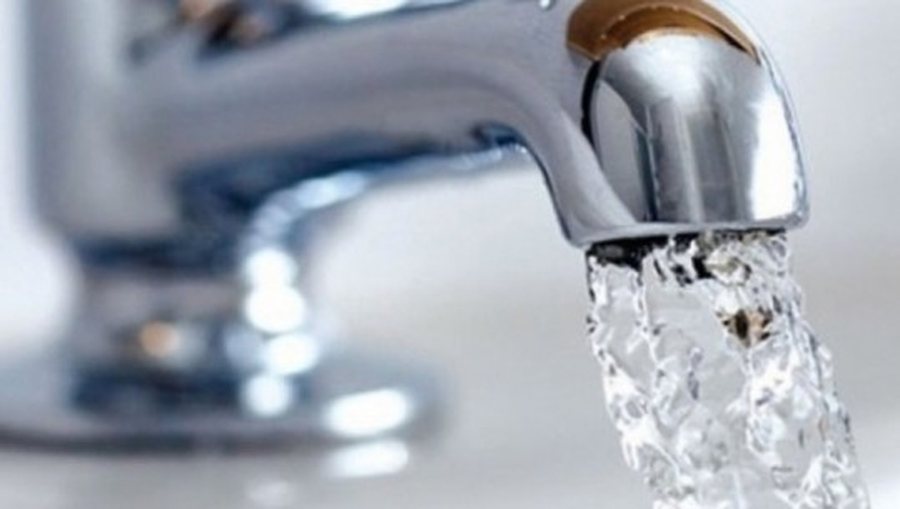
Reforma e fundit në sektorin e ujësjellës-kanalizimeve nisi në maj 2022. Sipas parashikimeve, nga një sistem i shpërndarë në 58 shoqëri pranë 61 bashkive, sektori do shkonte drejt ristrukturimit në 15 shoqëri rajonale, me synim rritjen e efikasitetit, cilësisë së shërbimit dhe qëndrueshmërisë financiare.
Aktualisht funksionojnë 14 shoqëri rajonale, teksa mbetet ende Tirana, që sipas reformës duhet të bashkohet me Vorën dhe Kamzën.
Me ristrukturimin, Ministria e Infrastrukturës dhe Energjisë zotëron 51% të aksioneve të kompanive të reja të krijuara, ndërsa përpara reformës aksionet e ujësjellësve zotëroheshin në masën 100% nga bashkitë ku ato ushtronin aktivitetin. Tashmë këto të fundit zotërojnë 49% të aksioneve. Pjesën më të madhe të aksioneve e kanë bashkitë që janë qendra qarqesh, ndërsa më të voglat zotërojnë më pak aksione.
Në një raport të publikuar pak javë më parë, Enti Rregullator i Ujit bëri me dije se reforma ka dhënë rezultate konkrete, duke shënuar përmirësime të dukshme në raportimin financiar, menaxhimin e të ardhurave dhe shërbimin ndaj konsumatorit. Gjithsesi, sipas Entit Rregullator, pavarësisht progresit, reforma është shoqëruar me sfida të trashëguara, si mospërputhje financiare, detyrime të mbartura, mungesë stafi të kualifikuar apo llogari të bllokuara bankare, që kanë krijuar vështirësi në operim.
Ndërkaq, përpos ngritjes së Operatorit Kombëtar të Ujit, një objektiv i rëndësishëm mbetet unifikimi i tarifave brenda shoqërive rajonale. Plani parashikon rritje progresive të tarifave të shoqëruara me përmirësim të cilësisë së shërbimit, duke synuar një sistem më të drejtë dhe të qëndrueshëm për të gjithë qytetarët.
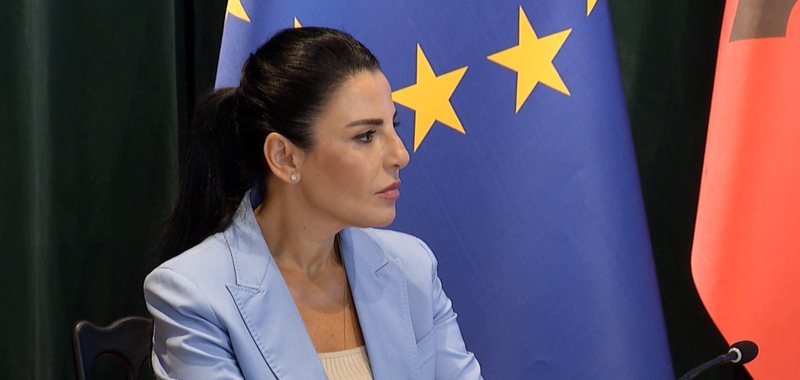
Ngrihet operatori kombëtar i ujit/ Rama: Strukturë, për të garantuar efikasitet të sektorit. Balluku: Si do funksionojë
Nga janari 2026 do të jetë funksional Operatori i Ujit, një strukturë e re kombëtare me fokus menaxhimin e të gjitha burimeve ujore në vend, për të garantuar......
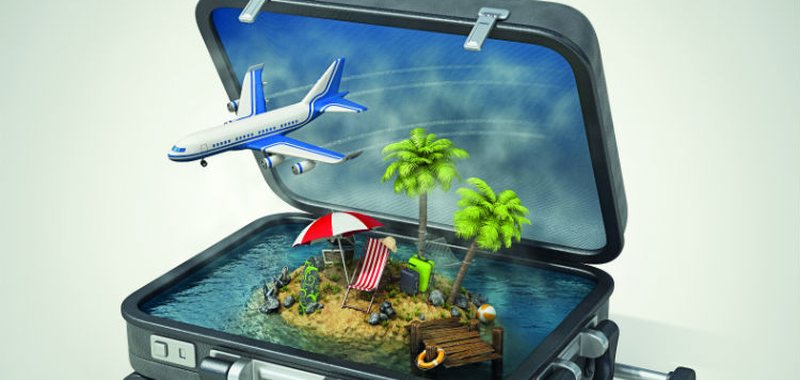
Si u rikthye turizmi në trajektore rritëse? Euro ndihmoi shqiptarët për pushime jashtë vendit
Turizmi global është rikthyer fuqishëm në trajektore rritëse, duke rikuperuar plotësisht efektet e pandemisë. Rritja e kërkesës ndërkombëtare ka sjellë një......
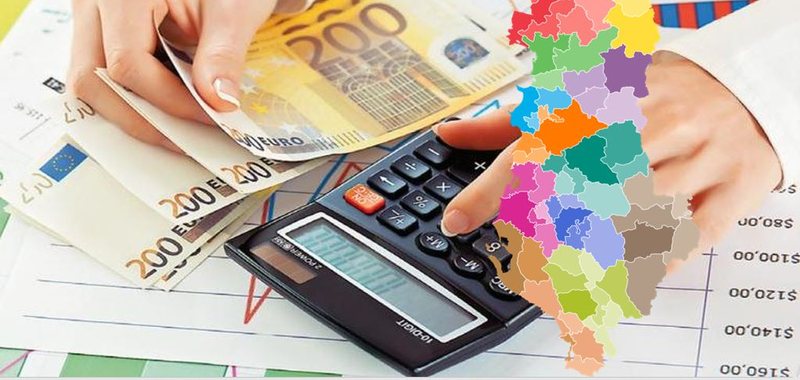
Bashkitë, 36 milionë euro borxhe për të shlyer/ Nga Tirana, në Cërrik. Cilat njësi mbajnë më shumë detyrime?
Në gjysmën e parë të vitit borxhet e mbartura të bashkive kundrejt kompanive që kryejnë punë publike por edhe qytetarëve regjistrohen në vlerën e 3.6......
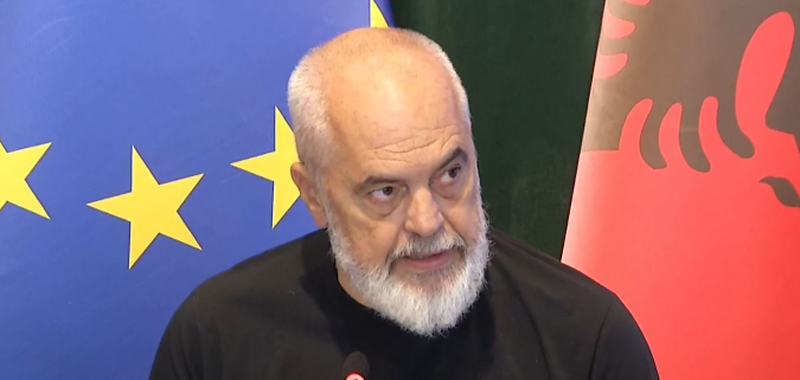
Krijohet Operatori Kombëtar për Prodhimin e Ujit
Kryeministri Edi Rama dhe zv/kryeministrja, njëkohësisht ministre e Infrastrukturës dhë Energjisë, Belinda Balluku, prezantuan Operatorin Kombëtar të Ujit.......
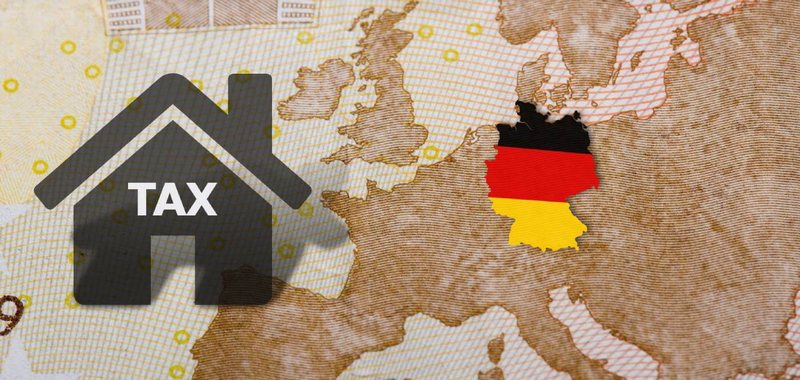
A do të rriten taksat për të pasurit në Gjermani? Ideja e ministrit të financave kundërshtohet nga kancelari Merz
Partitë e koalicionit në Gjermani po zhvillojnë një debat të brendshëm, në lidhje me mënyrat e financimit të deficitit buxhetor, që llogaritet në rreth 30......

Evropa përgatitet për një shtator të ngrohtë/ Temperaturat priten të jenë 5-8 gradë Celsius mbi mesataren 30-vjeçare
Evropa po përgatitet për një fillim të pazakontë të shtatorit me temperatura shumë më të larta se normalja, pas një vere nën efektin e valëve të nxehtësisë......

Sa kushton çanta e ditës së parë të shkollës? Fatura regjistron një kosto 6,000-15,000 lekë
Shtatori është muaji i rikthimit në banka, një periudhë që shënon nisjen e vitit të ri shkollor për nxënësit e arsimit 9-vjeçar dhe gjimnazit. Përveç......

1 në 5 të rinj, as në punë as në shkollë/ Por, Shqipëria qëndron pas vendeve si Turqia, Greqia apo Italia për këtë normë
Në vitin 2024, Shqipëria regjistroi një nivel prej 22.2% të të rinjve të moshës 15-29 vjeç që nuk janë të punësuar, nuk ndjekin shkollë dhe nuk marrin pjesë......
















